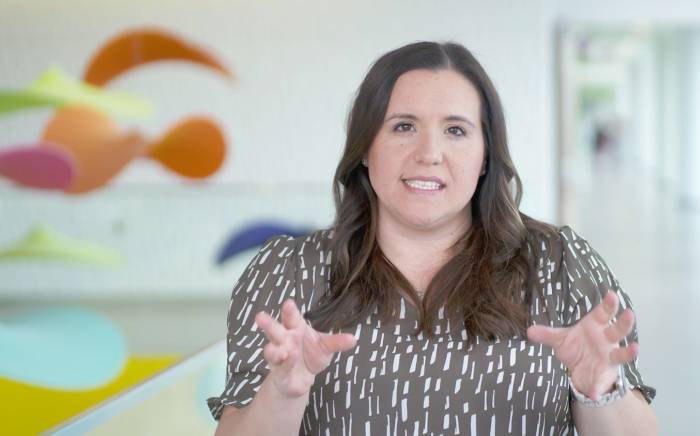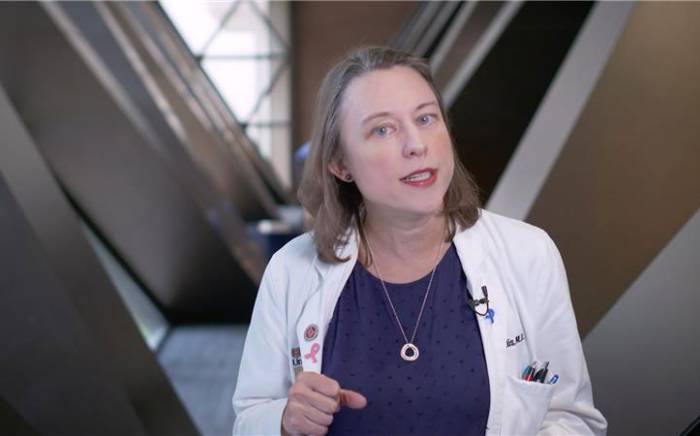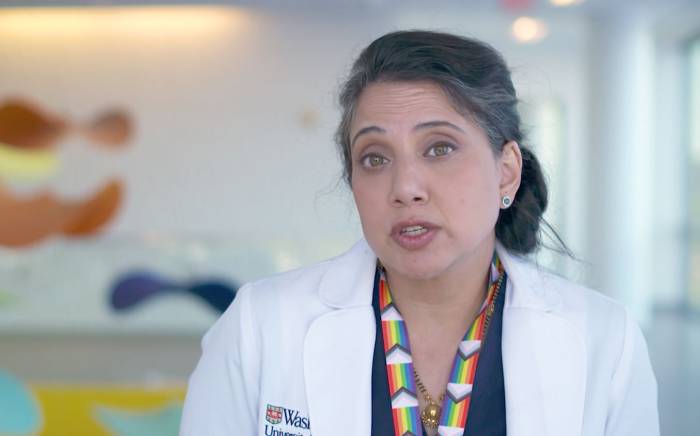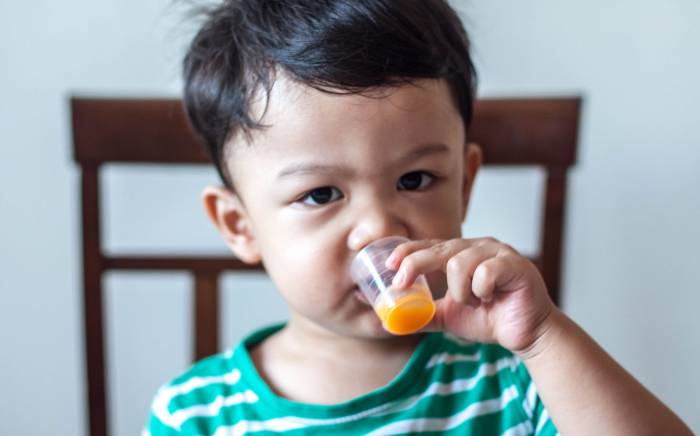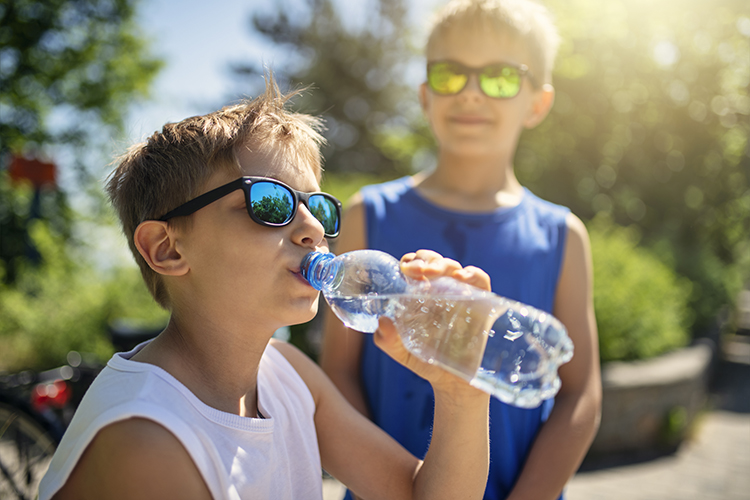
November 18, 2024, 12:45 p.m.
The Hospitalist Team
With summer here, it's a great time for outdoor fun and adventures with kids. However, as families enjoy picnics, playgrounds and sports in the summer heat, it's important for parents to watch out for signs of heat exhaustion in their children. Kids can get heat exhaustion fast if they play hard in the hot sun without drinking enough water or taking breaks. Understanding heat exhaustion, its symptoms, and how to respond as a parent can ensure your children stay safe and healthy throughout the summer months.
What is heat exhaustion?
Heat exhaustion can happen when kids get too hot from being in high temperatures and doing lots of physical activity without drinking enough water. Children are particularly susceptible because their bodies heat up faster than adults, and they may not recognize the signs of overheating.
Symptoms of heat exhaustion
- Excessive sweating: While sweating is the body's natural way to cool down, children experiencing heat exhaustion may sweat profusely.
- Pale and clammy skin: The skin may appear cool and moist despite the heat.
- Fatigue or weakness: Children may seem unusually tired or weak, particularly after physical exertion.
- Dizziness or fainting: This can occur due to dehydration and overheating.
- Nausea or vomiting: These symptoms may accompany heat exhaustion, especially in more severe cases.
- Headache: Children may complain of a headache that doesn't go away with usual remedies.
- Muscle cramps: Painful muscle spasms can occur due to electrolyte imbalances caused by sweating.
How to treat heat exhaustion
If you suspect your child has heat exhaustion, you should take immediate action:
Move to a cooler place: Get your child out of the sun and into an air-conditioned environment if possible. If indoors isn't an option, find shade under a tree or umbrella.
Hydrate: Give your child cool water to drink. Avoid drinks with caffeine or sugar because they can make dehydration worse.
Cooling: Use cool water, a damp cloth or a sponge to lower your child's body temperature. Placing them in a cool bath or shower can also help.
Loosen clothing: Remove any unnecessary clothing to help cool the body.
Monitor closely: Stay with your child and monitor their condition closely. If symptoms worsen or don't improve within 30 minutes, seek medical attention immediately.
Tips for preventing heat exhaustion
To prevent heat exhaustion in children, it's important to take a few simple precautions. Keep your child hydrated by encouraging them to drink plenty of water throughout the day, especially before, during, and after playing outside. Limit outdoor activities during the hottest times of the day by scheduling them for early morning or late afternoon when temperatures are cooler. Dress your child in lightweight, loose-fitting clothing in light colors to help reflect the heat and sunlight. Make sure they take breaks in the shade regularly to cool down and rest, preventing overheating. These steps can help ensure a safe and enjoyable summer for your child.
When to seek medical help
Heat exhaustion is a serious condition that requires prompt attention to prevent it from progressing to heat stroke, which is a medical emergency. While most cases of heat exhaustion can be managed at home with the above, it's important to seek medical attention if:
- Your child's symptoms are severe or not improving.
- They become confused, disoriented or lose consciousness.
- They experience seizures or have a high fever.
As a parent, watching for heat exhaustion can make a difference in keeping your child safe when it's hot out. You should make sure you know the signs, take measures to prevent it and be prepared to act if it does happen. You should also teach your child the importance of drinking plenty of water and paying attention when they need to take a break. These simple steps will ensure everyone enjoys a fun and safe summer.
In case of a medical emergency with a child, determine where the nearest accredited, Level I pediatric trauma center is located. St. Louis Children's Hospital has six pediatric emergency department locations across the St. Louis and southern Illinois region. These include St. Louis Children’s Hospital, Children’s Hospital at Memorial Hospital Belleville, Children’s Hospital at Memorial Hospital Shiloh, Children’s Hospital at Missouri Baptist Medical Center, Children’s Hospital at Northwest HealthCare and Children’s Hospital at Progress West Hospital.






